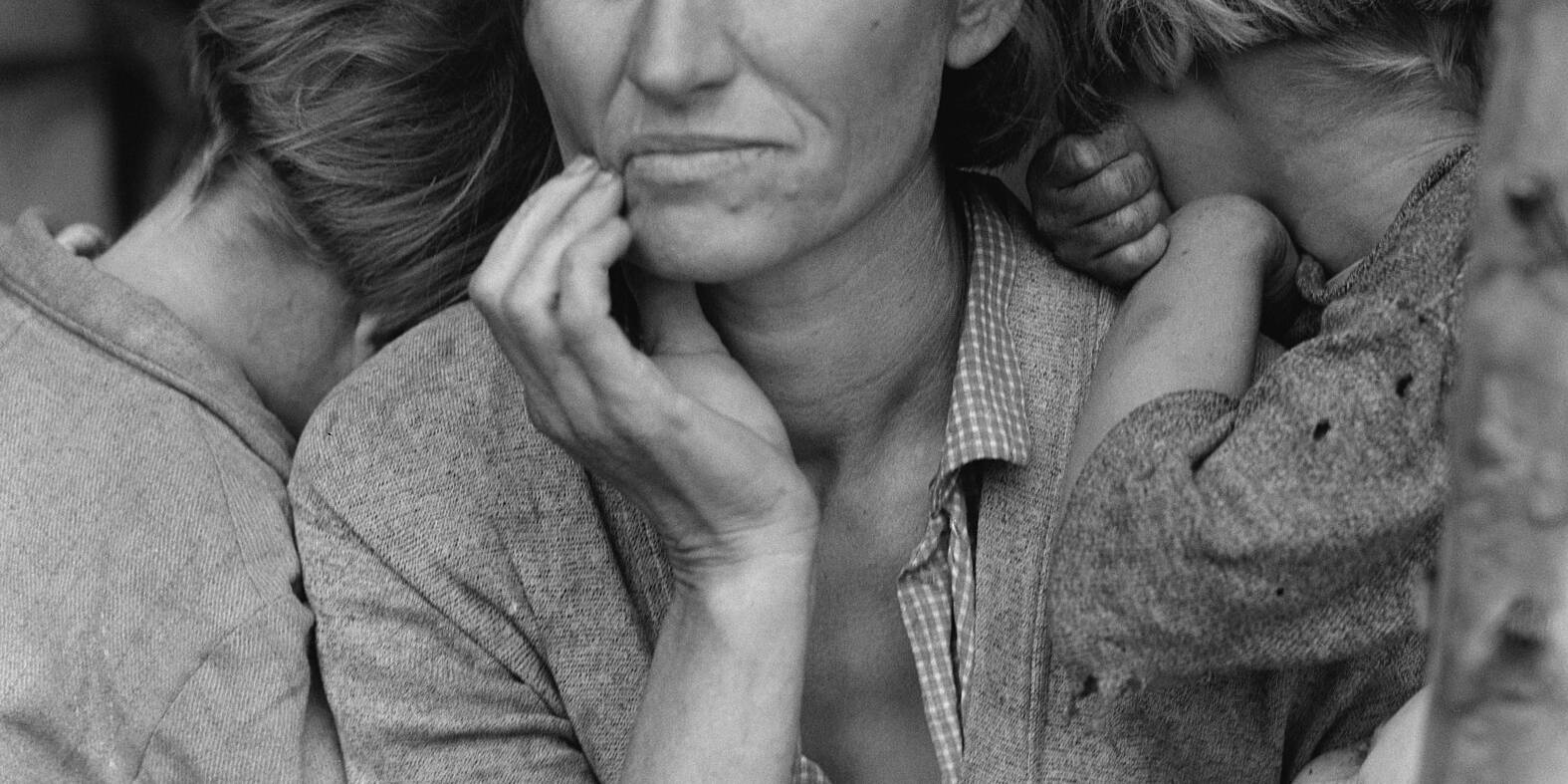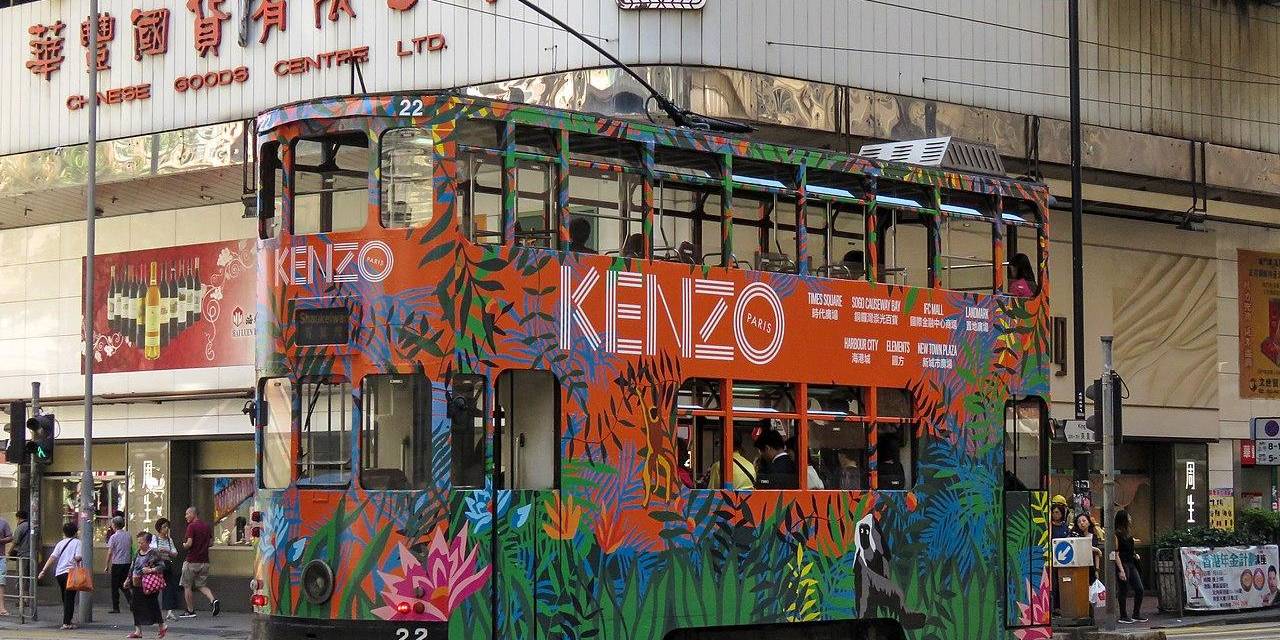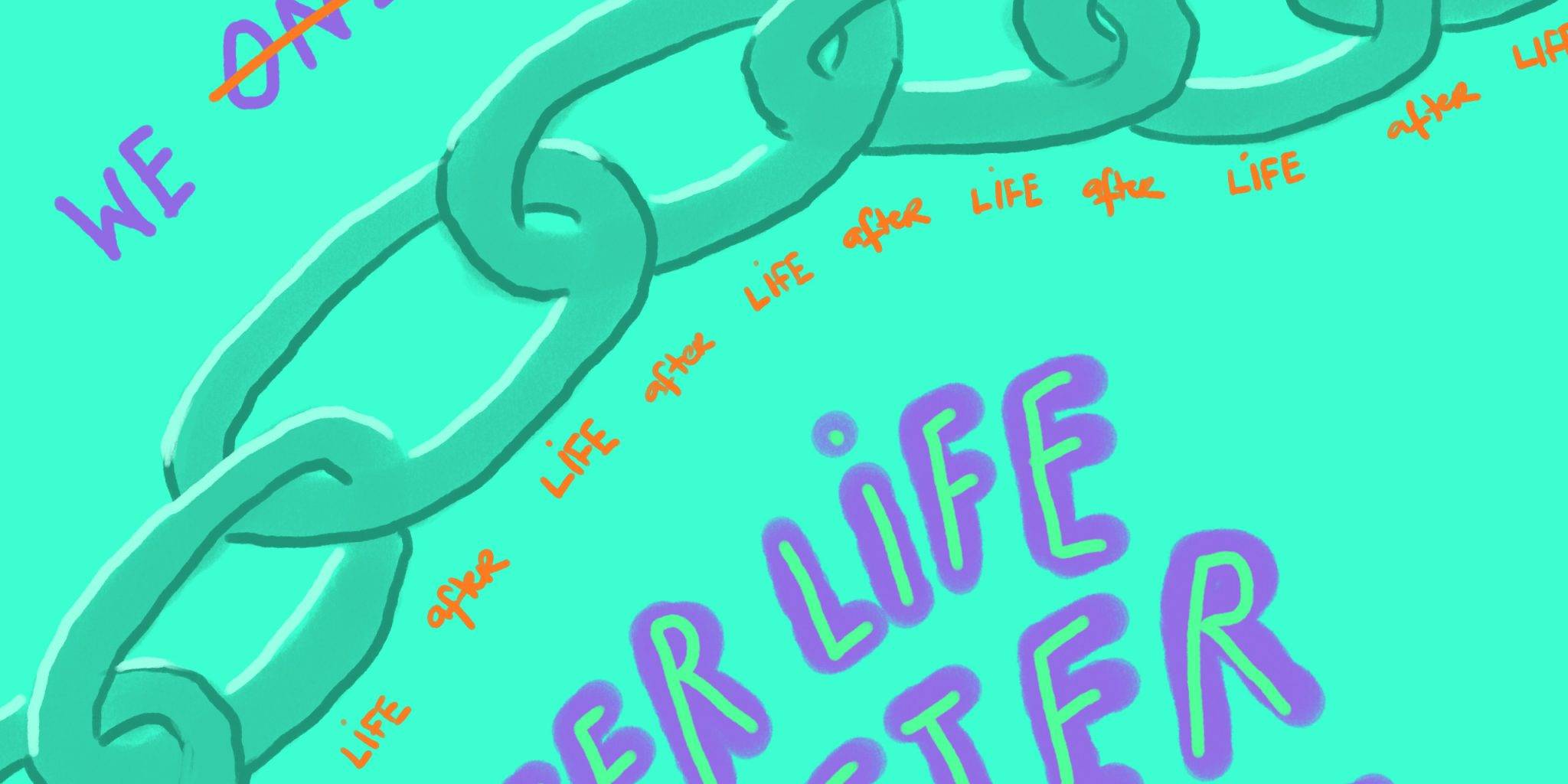The ‘deep state’ of helplessness
In embracing this sometimes uncomfortable experience, we uncover the treasure of emotional sensitivity.
Deep within each of us, there exists an inner child—a reflection of our past experiences, emotions, and vulnerabilities. In the journey of reparenting ourselves, we often encounter triggers that remind us of these past experiences, particularly feelings of helplessness.
For instance, when we witness children—whether our own or those around us—in vulnerable situations, it can stir up unresolved childhood memories and emotions within us. These situations may evoke intense feelings like sadness, frustration, or anxiety, which can be difficult to face and integrate. In response, we might try to avoid or suppress these emotions.
Society often teaches us that feeling helpless is a sign of weakness, leading us to downplay or ignore these experiences. The emphasis on self-reliance and independence can make it challenging to acknowledge and accept our vulnerability, whether it’s our own or that of the children we care for or interact with. Additionally, personal insecurities and fears about our parenting abilities can further contribute to our discomfort and aversion to these feelings.
As a result, we may reject the helplessness we perceive in others, distancing ourselves from the uncomfortable emotions it brings up from our past. However, what we truly need in these moments is the reassurance we longed for as children—that it’s okay to feel this way. It’s a normal human emotion, and we can allow it to surface and pass without rejecting or suppressing it.
In embracing this sometimes uncomfortable experience, we uncover the treasure of emotional sensitivity. By staying open and emotionally available, we not only learn to nurture and support ourselves and others, but we also gain the ability to experience deeper connections with ourselves and those around us.
You may also like
The Mother Wound: Understanding Learned Co-Dependency
Co-dependency often gets trivialized as simply being "too…
After all, contentment is – The erroneous paths of KENZO
“At the end of the 1980s I wanted a Japanese house with a…
The big difference an afterlife makes
In the Eastern world, the concept of reincarnation is…





